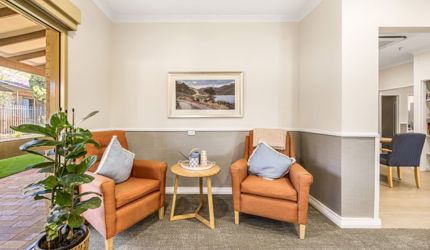Living independently gives people with disabilities greater choice and autonomy over their lives.
The NDIS provides two different funding options to help people with disabilities live independently. They are known as Supported Independent Living (SIL) and Specialist Disability Accommodation (SDA).
In this article, we’ll look at what SIL and SDA mean, how they differ and how these two funding streams can be accessed.
What is Specialist Disability Accommodation (SDA)?
Specialist Disability Accommodation (SDA) refers to homes that have been specially designed to meet the needs of people with very high support needs or extreme functional impairment.
Specialist Disability Accommodation falls into four design categories: Robust, Fully Accessible, High Physical Support and Improved Livability. Each category is designed to meet different requirements. For example, a Robust SDA prioritises safety and durability and is well-suited to people with challenging behaviours, while a High Physical Support SDA provides the space necessary to accommodate support equipment.
“Our SDA in Piara Waters is designed for people living with Huntington’s Disease who require high physical support,” said Veer Woojageer, Operations Manager Disability Accommodation at Brightwater. “Customised features include very large bathrooms that enable three or four staff to assist a client at any one time.”
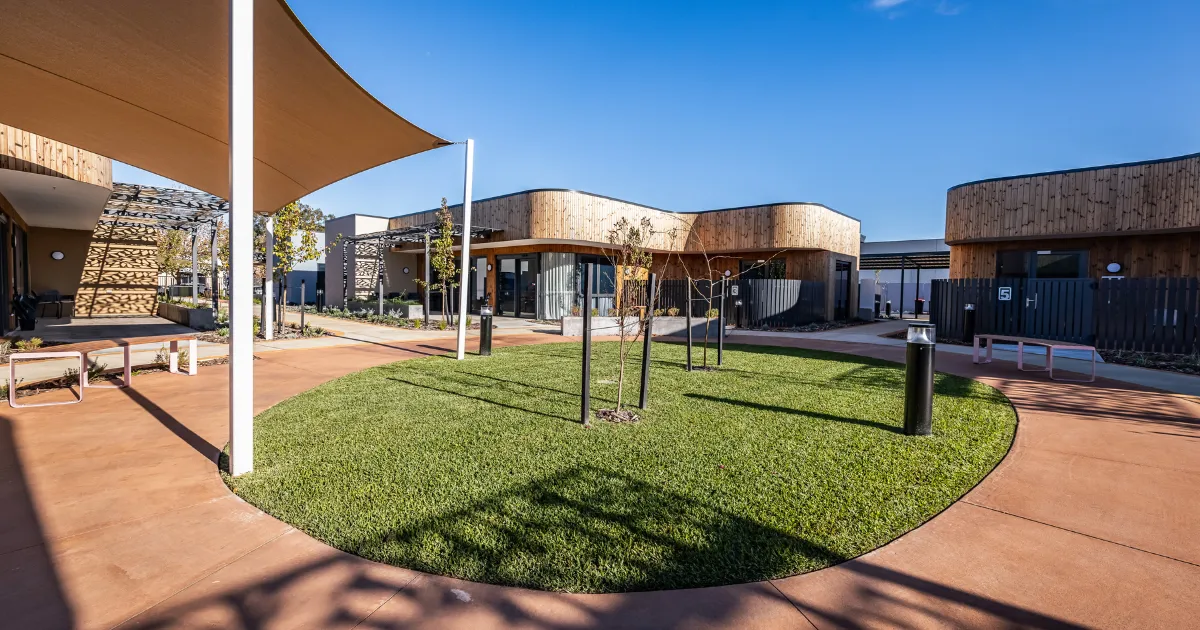
Brightwater's Specialist Disability Accommodation in Piara Waters
Funding for Specialist Disability Accommodation is provided by the NDIS. NDIS participants must demonstrate they have very high support needs or an extreme functional impairment. Funding applications are assessed by the NDIS on a case-by-case basis.
What is Supported Independent Living (SIL)?
As the name suggests, Supported Independent Living (SIL) refers to the support provided to a person with disabilities to help them live independently. Assistance is provided with daily tasks such as cooking, showering and getting dressed, keeping the individual independent and encouraging them to maintain their skills.
Supported Independent Living services can be received in virtually any type of accommodation yet is most likely funded when NDIS participants live together in a share house and share NDIS supports. Support is tailored to the client’s needs and available 24 hours a day.
At Brightwater, we provide Supported Independent Living services within our accessible share homes located across Perth. “Our Disability Support Workers help clients with daily living tasks, such as getting out of bed, taking medication, meal preparation, laundry and traveling to appointments and family engagements,” said Veer Woojageer, Operations Manager Disability Accommodation at Brightwater.
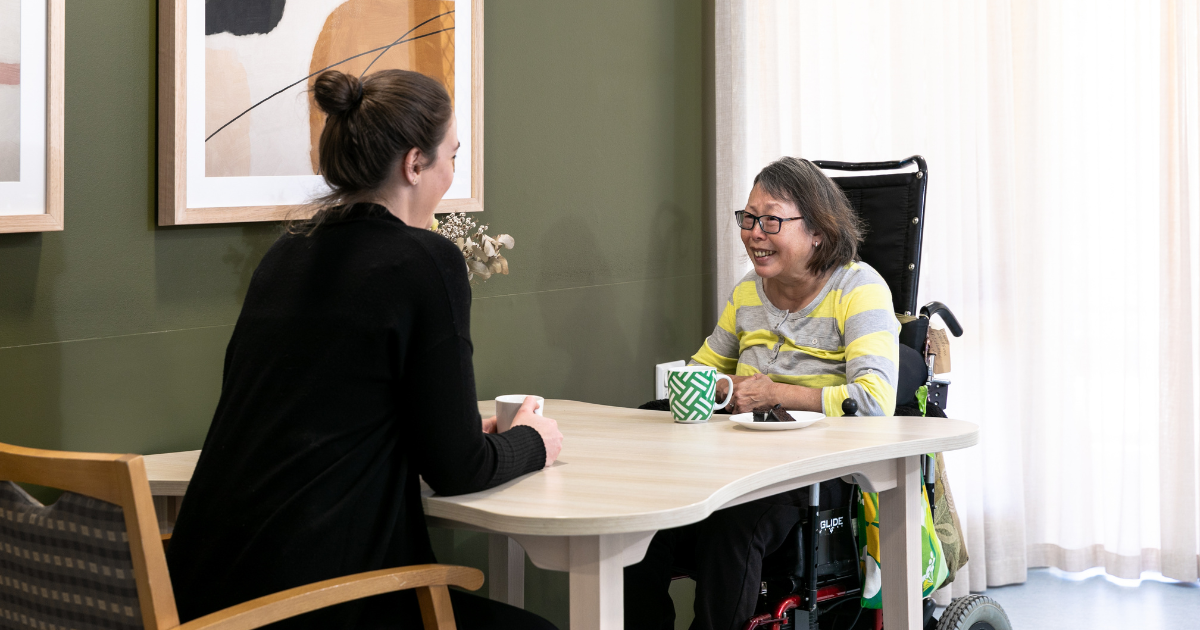
All of Brightwater’s Supported Independent Living clients are designated a Supported Independent Living Coordinator. These SIL Coordinators perform many tasks for their client, such as:
- Overseeing all aspects of their client’s care
- Supervising, training and mentoring their client’s care staff
- Providing information to relevant stakeholders such as the NDIS to help with plan development and ensuring cost efficiency / financial sustainability
- Providing admin support including developing and implementing care staff rosters.
To be eligible for Supported Independent Living funding through the NDIS, individuals must demonstrate they require a substantial amount of help at home all the time, including overnight.
Key Differences Between SDA and SIL
It can be difficult to understand the difference between Supported Independent Living (SIL) and Specialist Disability Accommodation (SDA).
Put simply, Supported Independent Living is support for HOW you live, while Specialist Disability Accommodation is WHERE you live.
People living with a disability may be eligible for both Supported Independent Living services and Specialist Disability Accommodation funding through the NDIS.
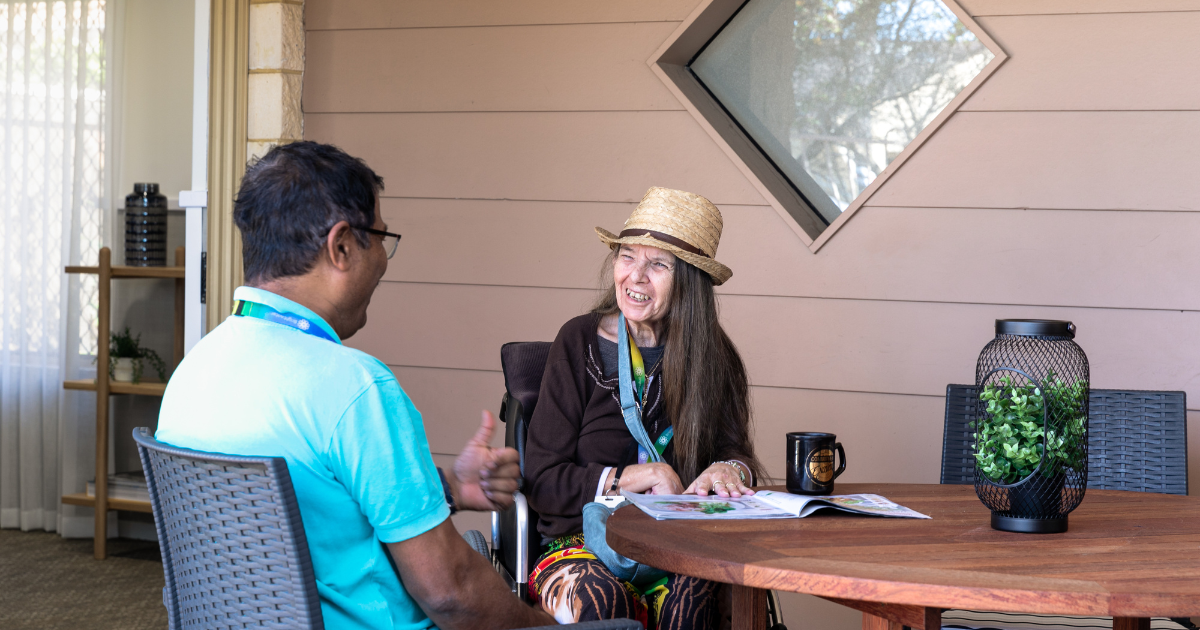
How to Choose the Right Option for You
The need for Supported Independent Living services and / or Specialist Disability Accommodation is dependent upon ability level.
Supported Independent Living services are for people with a disability who require assistance with daily living tasks such as showering and cooking. With these support services in place, the individual can live relatively independently in any type of accommodation. It is common for someone living with a disability to receive Supported Independent Living services while living in a residence that isn’t Specialist Disability Accommodation.
Specialist Disability Accommodation is designed for people who have extreme functional impairment or very high needs, making Specialist Disability Accommodation far less common than Supported Independent Living.
It is important to note that needs are not static, and an individual’s requirements can change over time.
“A client may only require Supported Independent Living services for a long time,” explains Veer Woojageer, Operations Manager Disability Accommodation at Brightwater. “They may be in a rental house and simply require support and supervision to carry out those daily tasks like getting ready for the day and cooking meals. As time goes by, the client’s care needs may increase, and Supported Independent Living is no longer suitable. At this point in time, the client will be reassessed and a proposal put forward to the NDIS for SDA funding.”
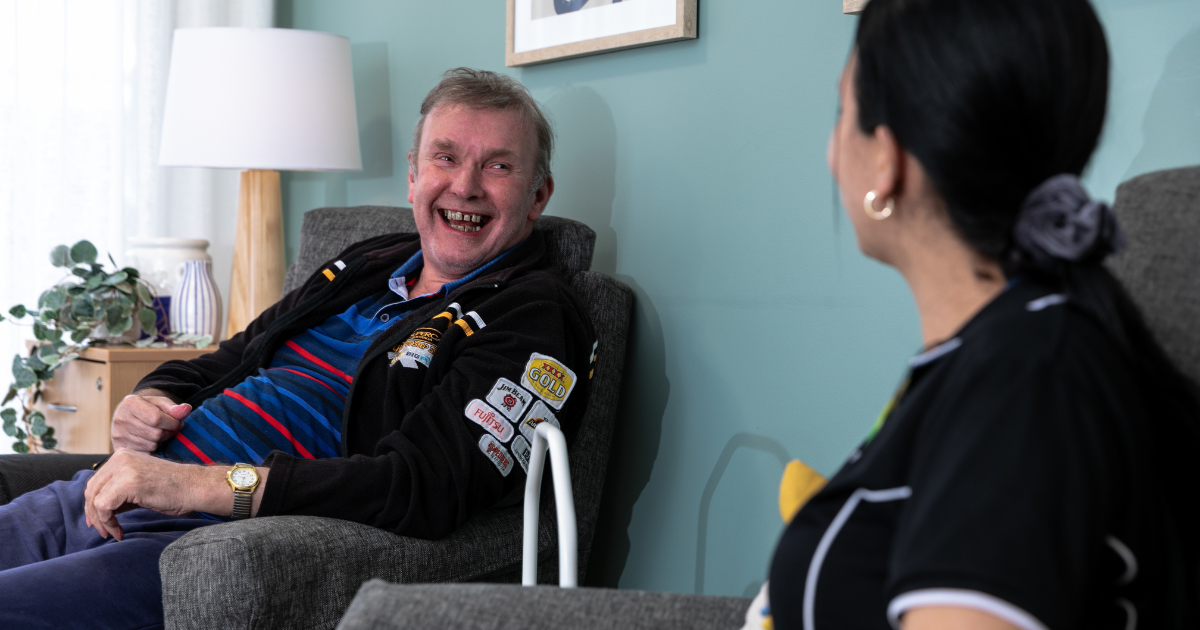
Steps to Access SDA and SIL Services
Funding for Supported Independent Living services and Specialist Disability Accommodation is provided by the NDIS.
If an individual already has NDIS funding, their Support Coordinator can assist with applying for SIL and SDA funding. The participant may need to be reassessed, and documentation provided to the NDIS demonstrating the need for Supported Independent Living services and / or Specialist Disability Accommodation funding.
It is easier to get funding for Supported Independent Living services than it is for Specialist Disability Accommodation. In the past, only a small percentage of NDIS participants were given Specialist Disability Accommodation funding, yet this number is increasing. Not yet covered by the NDIS? Find out how to get started here.
At Brightwater, we work closely with individuals and their families who require assistance finding the right support services.
“Our Engagement Team are very good at coordinating the support that someone needs,” explains Veer Woojageer, Operations Manager Disability Accommodation at Brightwater. “We specialise in providing Supported Independent Living services at our accessible share homes located across Perth. Coming into a new home environment is a big transition, and we encourage a gentle and flexible approach such as not moving in full-time immediately. It’s all about what is best for the client and the people that support them.”
Summary
Supported Independent Living services and Specialist Disability Accommodation provide valuable autonomy and independence to people living with disabilities.
These services are funded by the NDIS and can be easily confused. Remember, Supported Independent Living is support for how you live (e.g., help with getting dressed and cooking), while Specialist Disability Accommodation is where you live (the bricks and mortar building).
At Brightwater, we are one of WA’s largest disability providers and independent living specialists. We invite you to contact us to find out more about the range of disability support services we provide.


